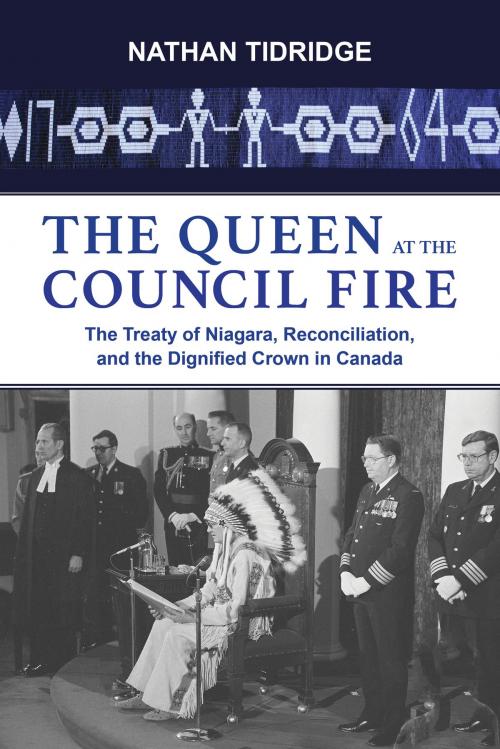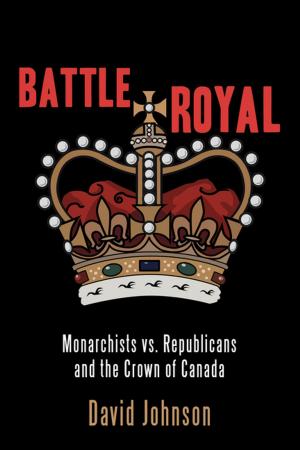The Queen at the Council Fire
The Treaty of Niagara, Reconciliation, and the Dignified Crown in Canada
Nonfiction, History, Canada, Social & Cultural Studies, Political Science, International| Author: | Nathan Tidridge | ISBN: | 9781459730687 |
| Publisher: | Dundurn | Publication: | June 20, 2015 |
| Imprint: | Dundurn | Language: | English |
| Author: | Nathan Tidridge |
| ISBN: | 9781459730687 |
| Publisher: | Dundurn |
| Publication: | June 20, 2015 |
| Imprint: | Dundurn |
| Language: | English |
In the summer of 1764, Sir William Johnson (Superintendent of Indian Affairs) and over two thousand chiefs representing twenty-four First Nations met on the shores of the Niagara River to negotiate the Treaty of Niagara — an agreement between the British Crown and the Indigenous peoples. This treaty, symbolized by the Covenant Chain Wampum, is seen by many Indigenous peoples as the birth of modern Canada, despite the fact that it has been mostly ignored by successive Canadian governments since. The Queen at the Council Fire is the first book to examine the Covenant Chain relationship since its inception. In particular, the book explores the role of what Walter Bagehot calls “the Dignified Crown,” which, though constrained by the traditions of responsible government, remains one of the few institutions able to polish the Covenant Chain and help Canada along the path to reconciliation. The book concludes with concrete suggestions for representatives of the Dignified Crown to strengthen their relationships with Indigenous peoples.
In the summer of 1764, Sir William Johnson (Superintendent of Indian Affairs) and over two thousand chiefs representing twenty-four First Nations met on the shores of the Niagara River to negotiate the Treaty of Niagara — an agreement between the British Crown and the Indigenous peoples. This treaty, symbolized by the Covenant Chain Wampum, is seen by many Indigenous peoples as the birth of modern Canada, despite the fact that it has been mostly ignored by successive Canadian governments since. The Queen at the Council Fire is the first book to examine the Covenant Chain relationship since its inception. In particular, the book explores the role of what Walter Bagehot calls “the Dignified Crown,” which, though constrained by the traditions of responsible government, remains one of the few institutions able to polish the Covenant Chain and help Canada along the path to reconciliation. The book concludes with concrete suggestions for representatives of the Dignified Crown to strengthen their relationships with Indigenous peoples.















